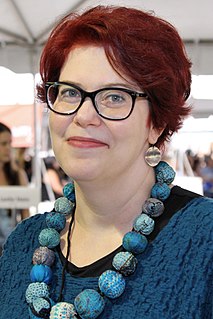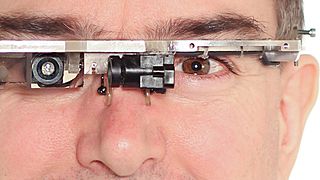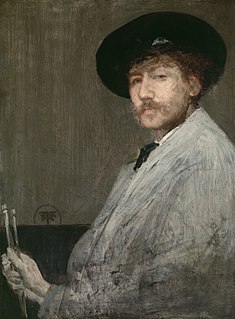A Quote by Simone Weil
Someone who does not see a pane of glass is not aware of not seeing it.
Related Quotes
I hate the term "mystery". That's not what I write. I think the Scarpetta novels are much more character-driven than an average puzzle solver. Writing should be like a pane of glass - there's another world on the other side and your vision carries you there, but you're not aware of having passed through a barrier to get there.
Obviously VIA DOLOROSA is completely artificial. It is as highly wrought as any of my plays. But basically all the artifice is to disguise itself so you don't feel it's there. You're attempting to make the artifice like a pane of glass that simply leads you through to the subject - not to decorate the bloody glass.
Diaries tell their little tales with a directness, a candor, conscious or unconscious, a closeness of outlook, which gratifies our sense of security. Reading them is like gazing through a small clear pane of glass. We may not see far and wide, but we see very distinctly that which comes within our field of vision.
I hate flatscreens. I don't want to see anything in that much pixilation. I don't need to see the pimple on someone's face. I love the world through glass. The more old, dusty and tainted that glass is, the prettier and more impressionistic that is to me. I don't need to see everything perfectly. I don't like it.
Lucas should've run out of there that instant. Instead he stared at me through the glass and slowly unfolded his hand opposite mine so that our hands were pressed againts the pane of glass, fingers to fingers, palm to palm. We each move closer, so that our faces were only inches apart. Even with the stained glass, window between us, it felt as intimate as any kiss we'd shared.
Praise, help, or even a look, may be enough to interrupt him, or destroy the activity. It seems a strange thing to say, but this can happen even if the child merely becomes aware of being watched. After all, we too sometimes feel unable to go on working if someone comes to see what we are doing. The great principle which brings success to the teacher is this: as soon as concentration has begun, act as if the child does not exist. Naturally, one can see what he is doing with a quick glance, but without his being aware of it.









































